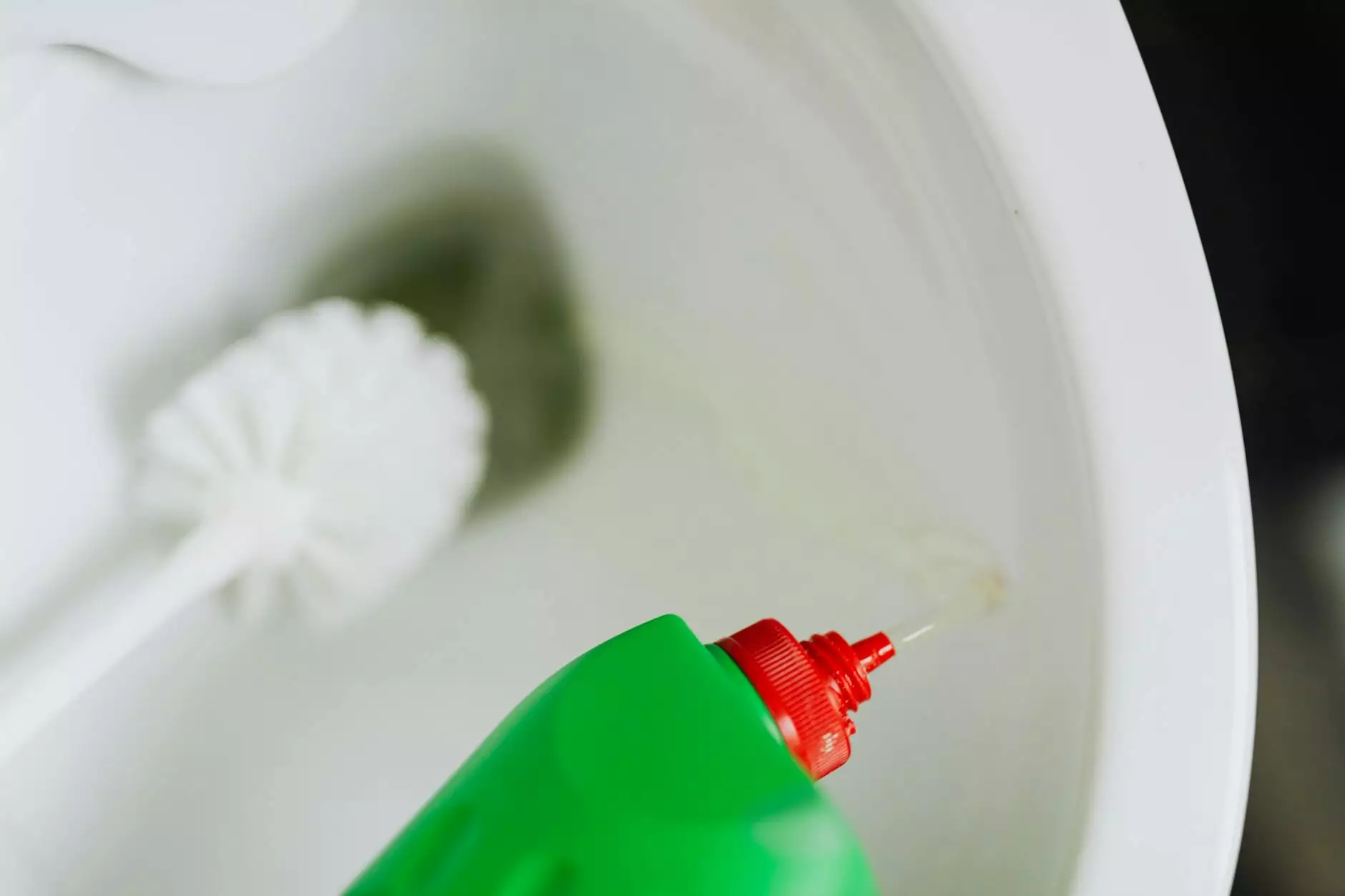Understanding the Use of Oral Sedatives for Horses

The equine world is a fascinating yet complex landscape, and one of the most crucial aspects for horse owners and caretakers is understanding how to manage their horses' behavior effectively. Among the various management strategies, the use of oral sedatives for horses is a topic that arises frequently. This article will delve deep into their applications, benefits, risks, and best practices, ensuring that horse owners and enthusiasts have all the information they need to make informed decisions.
What are Oral Sedatives?
Oral sedatives, specifically designed for equines, are medications that help calm and relax horses. Unlike injectable sedatives, which can quickly induce calmness, oral sedatives take longer to take effect, but their convenience makes them preferable for many situations. Administering sedatives orally can be easier for handling horses, especially in stressful environments like trailers, competitions, or during veterinary procedures.
Why Would a Horse Need Sedation?
There are numerous reasons a horse might benefit from sedation:
- Veterinary Procedures: Many horses require sedation during routine veterinary examinations, dental work, or minor surgical procedures.
- Transport: Traveling, especially long distances, can be stressful for horses; sedation can help ease their anxiety.
- Training and Handling: Young or particularly nervous horses may require sedation in training sessions to facilitate learning.
- Fireworks or Loud Noises: Horses can be frightened by sudden loud sounds, and sedation may be beneficial during such events.
Types of Oral Sedatives for Horses
Understanding the different types of oral sedatives for horses is essential for selecting the right option for your equine companion. Some common types include:
1. Acepromazine
Acepromazine is one of the most widely used tranquilizers in horses. It has a calming effect and is often used for pre-anesthetic sedation. Acepromazine can be administered orally, and its effects can last several hours.
2. Xylazine
Xylazine is another medication commonly used for sedation. While it is often delivered via injection, oral forms are also available. It’s essential to use this sedative with caution, as it may also lower blood pressure.
3. Detomidine
Detomidine is a potent sedative that is usually administered in a veterinary setting, and while less common in oral forms, it can be advantageous in specific circumstances.
Benefits of Using Oral Sedatives
The use of oral sedatives provides several advantages for horse owners and caretakers:
- Ease of Administration: Oral sedatives can be given in feed or by hand, eliminating the need for needles, which may scare the horse.
- Reduced Stress: By calming the horse before an event or procedure, you can significantly reduce stress levels for both the horse and the handler.
- Improved Cooperation: A subdued horse is often more compliant, making veterinary care and training easier and safer.
- Longer Lasting Effects: In many cases, oral sedatives can provide a longer and more sustained calming effect.
Risks and Considerations
While the benefits of oral sedatives for horses are notable, there are also risks and considerations that need to be taken into account:
- Over-Sedation: Correct dosing is critical; over-sedation can lead to serious health issues.
- Potential Side Effects: Some horses may experience adverse reactions, such as hypotension, respiratory depression, or lethargy.
- Dependency and Tolerance: Over time, horses may develop a tolerance or psychological dependence on sedatives, making it essential to use them judiciously.
- Legal and Ethical Considerations: Be informed of the legal ramifications and ethical practices regarding sedative use in competitive environments.
Safe Usage of Oral Sedatives
When deciding to use oral sedatives for horses, following safe practices is vital:
- Consult Your Veterinarian: Always discuss with a veterinarian before administering any sedative to ensure it’s medically appropriate for your horse.
- Monitor Your Horse: After giving a sedative, closely observe your horse for any signs of adverse reactions.
- Proper Dosage: Ensure you administer the correct dosage as prescribed by a veterinarian, taking into account the size and health status of the horse.
- Know the Withdrawal Times: For competition horses, be aware of withdrawal times for any sedation medications used.
Alternatives to Oral Sedatives
Before opting for oral sedatives, consider these alternatives that can be effective for calming horses:
- Behavioral Training: Engaging in proper training techniques can greatly reduce the need for sedatives.
- Natural Remedies: Herbal supplements and calming pheromones can sometimes help ease anxiety in horses without the need for sedatives.
- Environmental Modifications: Reducing noise and stressors in a horse’s environment can minimize anxiety levels.
- Calming Aids: Consider products designed to promote calmness that do not involve sedatives.
Conclusion
In summary, the use of oral sedatives for horses can be a valuable tool for horse owners, especially during stressful situations. While they offer numerous benefits such as ease of administration and improved cooperation, it is essential to approach their use with caution and respect. Always work closely with a veterinarian to ensure safe and appropriate usage, monitor your horse's reactions, and be mindful of the potential risks involved.
By taking the time to educate yourself and understanding both the advantages and considerations surrounding oral sedatives, you can foster a safer and more positive experience for your horse. Remember, a well-informed owner is essential for the well-being of equines, leading to happier, healthier horses.
Resources for Horse Owners
For more information, consider the following resources tailored for equine owners:
- Books: Look for reputable books written by equine veterinarians or behaviorists.
- Online Forums: Join horse owner forums where experiences and strategies are shared.
- Veterinary Webinars: Attend webinars hosted by equine veterinary clinics regarding sedation and behavioral management.
- Local Equine Clubs: Engage with local clubs for workshops on horse handling and care.
By staying informed, compassionate, and proactive, you can ensure your horse remains happy and healthy, with the necessary tools at your disposal for any situation that may arise.
oral sedative for horses







